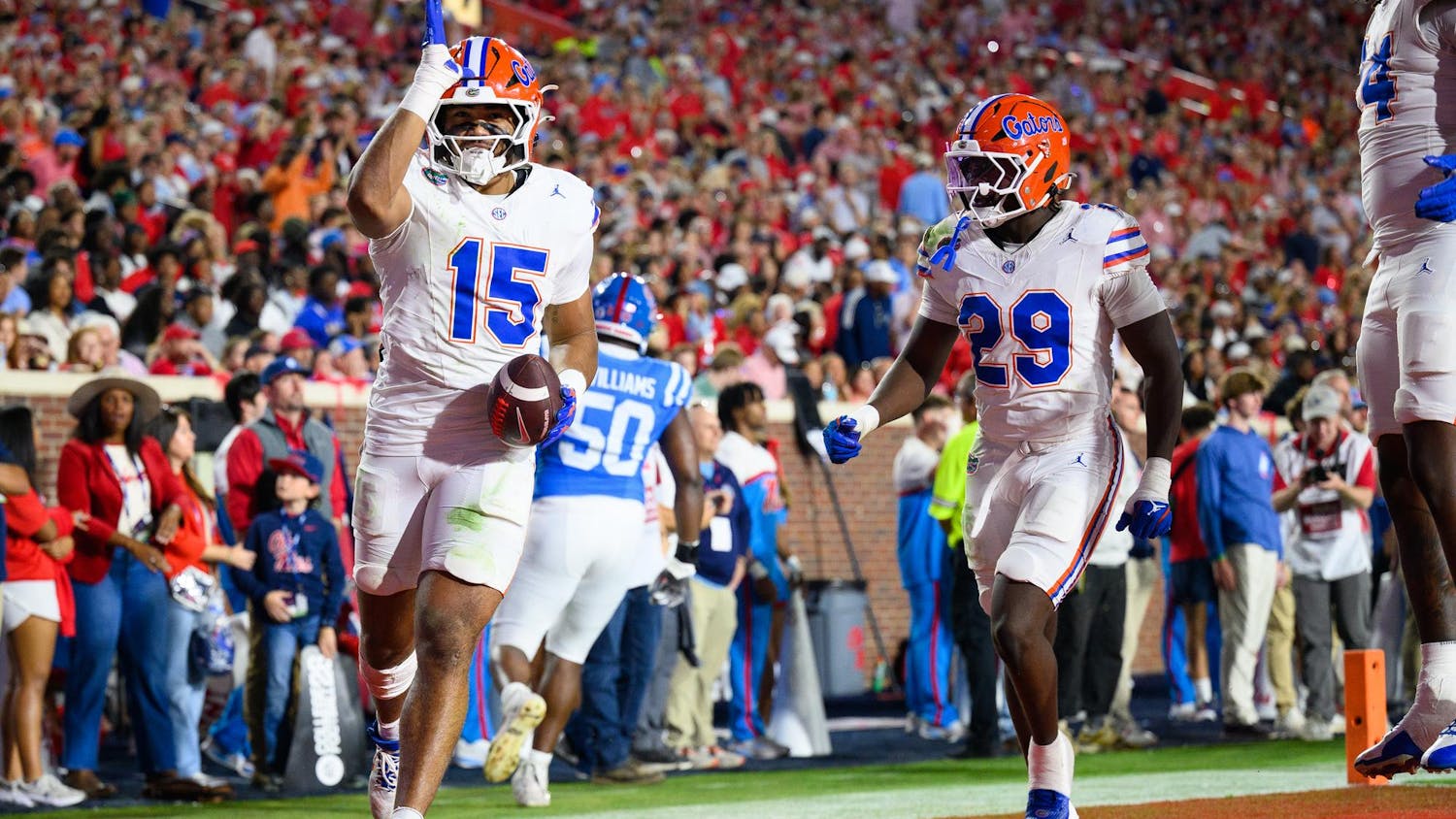On March 19, voters in the Republican Party of Florida will head to the polls to vote in the state’s presidential preference primary election, although the contest is purely a formality. Former President Donald Trump (fitting that the first president associated with Florida is actually just a snowbird, right?) has already secured enough delegates to win the GOP nomination.
On the Democratic side, incumbent President Joe Biden has done the same, with only a handful of progressive voters casting “uncommitted” ballots due to the administration’s handling of the war in Gaza. Florida Democrats won’t even have an election, as the state party opted not to hold a primary, which, despite what pundits may claim, is not unusual for the party that holds the White House.
The nomination of an incumbent is almost always a foregone conclusion, and Trump’s grip on the Republican Party base did not waver, despite a modest, yet notable, challenge from former U.N. Ambassador Nikki Haley. Most analysts knew for a long time this wouldn’t be close.
However, the public is hardly enthused about the matchup. A recent Yahoo/YouGov poll found the top emotion Americans felt about the rematch was “dread.” A whopping 40% of respondents picked the term as their first choice, followed by “exhaustion” at 29% and “depression” at 21%. It doesn’t seem like anyone wanted this. Why, then, were both primaries so uncompetitive?
Presidential preference primaries have been the national standard for choosing party convention delegates since the 1970s, and 2024 may be the least competitive national cycle in that time span. Primaries were established as a more democratic alternative to letting party officials negotiate a nominee, and for a long time, that thesis seemed to be correct. But now, it seems as though once again primaries exist to perpetuate the status quo rather than challenge it.
There are four key reasons why: the outsized role of money in politics, the role of the media in promoting candidates, the type of voters who vote — or don’t vote — in primaries and negative polarization. The former two — money and media — are intimately tied and will require broad structural reforms to our nation’s elections. The latter two — turnout and polarization — are just as closely tied to each other but in our own hands to fix.
Regarding money and the media, the nation will need to restore and enhance regulations on corporate spending in elections. The Supreme Court’s landmark decision in the Citizens United court case 14 years ago essentially permitted corporations and committees to buy elections, particularly by buying airtime. With guardrails on corporate spending and dark money eliminated, it became much easier for the candidates — or more accurately, the special interests — with the resources to dominate airwaves to also dominate the conversation.
With Americans’ access to digital media increasing rapidly in the last two decades, every dollar in politics goes further than ever, meaning the candidates with the right backing can become the only candidates on anyone’s mind. Meanwhile, a news media driven by consumer interest and profit margins will lean into the most sensational election content, which generally favors those same exact candidates.
These two factors make it significantly harder for any candidate with fewer resources or less name recognition to win based on their record or the issues. A candidate like Jimmy Carter in 1976 or Bill Clinton in 1992 would have been lucky to generate 5% in today’s environment.
The other two issues — turnout and polarization — are influenced by the first two, and will be difficult to combat without systemic changes. However, you and I have a lot more power to do something about it ourselves. The problem of turnout, quite simply, requires showing up. Primaries are often all about the electoral base. Many states, like Florida, only allow registered partisans to vote at all, and even in open primary states, independent or undecided voters are a lot less likely to participate in intraparty contests.
As for polarization, a lot of it is driven by the media — both news and social — but that does not mean we as voters cannot work to undercut its detrimental influence. A recent Reuters/Ipsos poll found that a significant number of voters in both parties primarily see themselves as voting against the opposing candidate, rather than for their own, with 57% of Democrats and 40% of Republicans saying their votes were more negative than positive. This cuts at the very root of why people are voting in the first place, and in an alarmingly high number of cases, those votes are against someone, rather than for someone.
While this applies most directly in the general election, its impact is felt in primaries, where voters increasingly consider factors like “electability” or who is better suited to beat the political rival, rather than to govern the country. To be clear, I do not think these concerns are entirely unwarranted; However, when they become the foremost concern, voters eschew other considerations like policy positions or leadership abilities, which could lead to greater dissatisfaction down the line.
To put it simply, each one of us could help fix what’s broken about our primaries just by showing up and voting for someone, instead of against someone else. This may ring a little hollow to young voters, especially those who identify with the incumbent party, who feel as though they don’t even have an option to begin with; however, this is in many ways attributable to the fact that young voters alone are not involved enough in either party to produce viable alternatives. This state of affairs is not inevitable though, and the problem of participation also gives us a clear solution.
If young people engage sustained, active and constructive participation, we can play a much bigger role in primary elections, and ensure that future elections are between two candidates whose voters actually want to see them in office.
Andrew Taramykin is a UF political science and history senior.






